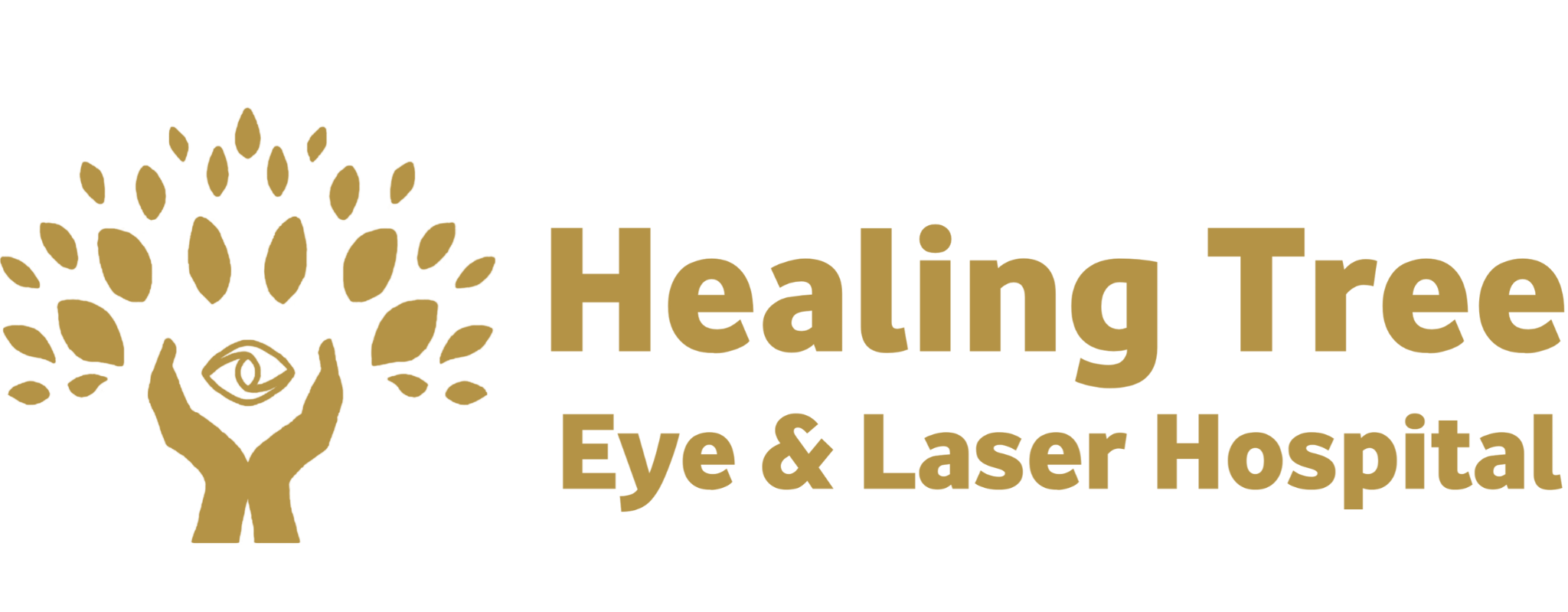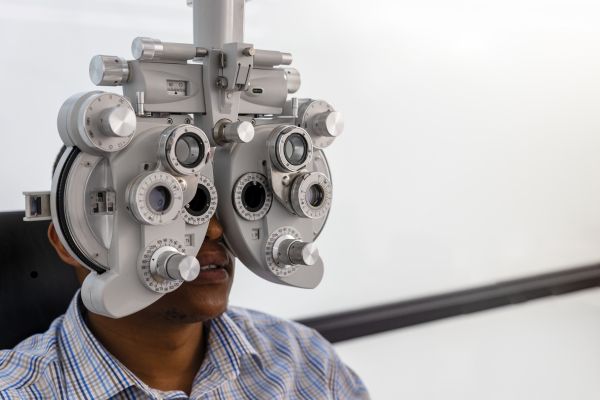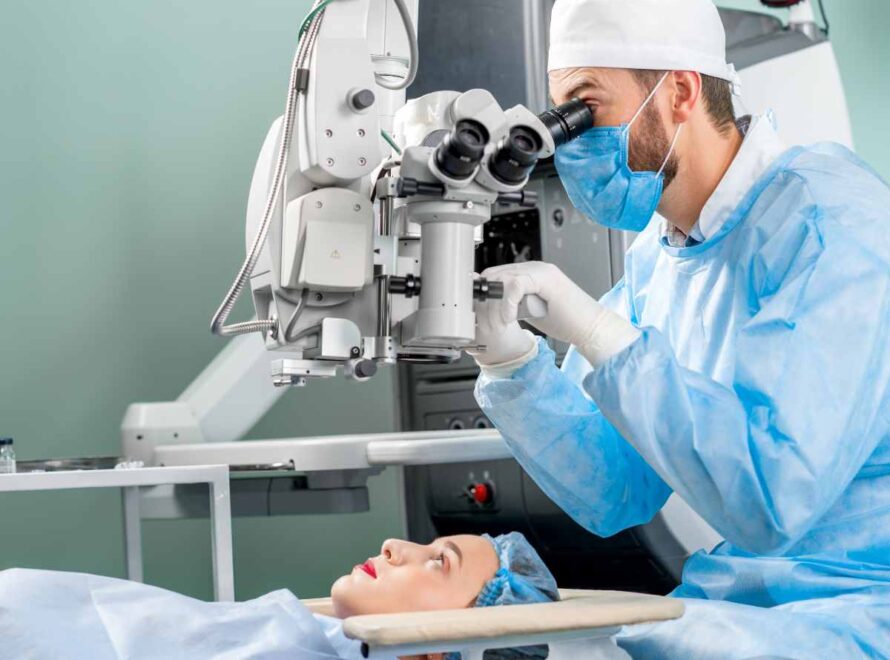The Importance of Regular Eye Checkup
Eye health is often overlooked, but it is essential for maintaining our quality of life. Regular eye checkups not only ensure that our vision remains sharp but also help detect early signs of various diseases, some of which may not even show symptoms until they’ve progressed. From children to seniors, everyone benefits from eye examinations that can reveal hidden issues, monitor existing conditions, and provide peace of mind. Whether it’s a matter of addressing changing vision or identifying serious health problems, the importance of regular eye checkup cannot be overstated.
Why Regular Eye Checkups Matter
The eyes are one of the most complex organs in the human body, and yet, they are often taken for granted. People tend to visit the optometrist only when they notice a problem, but by then, it might be too late to prevent significant damage. Routine eye checkups serve as a proactive measure for maintaining good vision and overall eye health. Vision is a critical sense that impacts our ability to perform daily activities, so safeguarding it should be a priority.
Regular eye checkups allow eye care professionals to assess not only how well you can see but also the general health of your eyes. Through comprehensive tests, optometrists can detect issues like glaucoma, cataracts, macular degeneration, and even signs of systemic diseases such as diabetes and high blood pressure. Without regular checkups, these conditions could go undiagnosed until they cause irreversible damage.
Protecting Vision Through Early Detection
Early detection is crucial in preventing the progression of many eye conditions. Glaucoma, for instance, is known as the “silent thief of sight” because it has no symptoms in its early stages. By the time individuals notice vision loss, the damage is usually permanent. Regular eye exams can detect glaucoma early, allowing for treatment that can prevent further vision impairment.
Cataracts, another common eye condition, develop slowly and may not affect vision right away. However, a routine eye exam can reveal early signs, and the progression can be monitored. This ensures timely intervention, such as surgery, before cataracts significantly impair vision.
Age-related macular degeneration (AMD) is another condition that benefits from early detection. AMD affects the central part of the retina and can lead to blindness if not caught early. Regular eye checkups provide the opportunity to identify the disease before it impacts daily life.
Common Eye Conditions Detected During Checkups
Eye exams are crucial for identifying a variety of eye conditions, many of which are asymptomatic in their early stages. Some common conditions that eye exams can detect include:
- Glaucoma: Increased pressure in the eye that can lead to optic nerve damage.
- Cataracts: Clouding of the lens, leading to blurry vision.
- Diabetic Retinopathy: Damage to the retina caused by diabetes, leading to vision loss.
- Macular Degeneration: Deterioration of the central part of the retina, impacting sharp, central vision.
- Refractive Errors: Conditions like nearsightedness, farsightedness, and astigmatism that can affect vision clarity.
Detecting these conditions early can often mean the difference between effective treatment and permanent vision loss.
Vision Screenings vs. Comprehensive Eye Exams
Many people assume that a simple vision screening, like the one offered at schools or during physicals, is sufficient. However, these screenings are limited in scope and only measure visual acuity, or how well you can see at a distance. Comprehensive eye exams, on the other hand, provide a detailed evaluation of the entire eye, including its structure and function.
A comprehensive eye exam includes tests for eye pressure, peripheral vision, retinal health, and more. These exams are essential for detecting underlying conditions that a vision screening would miss. So, while a screening can catch some problems, it should never replace a thorough eye checkup.
Children and the Importance of Early Eye Exams
Eye health starts early, and for children, regular eye exams are critical. Vision problems can significantly affect a child’s ability to learn and perform well in school. If undetected, issues like amblyopia (lazy eye), strabismus (crossed eyes), or refractive errors can impact not only academic performance but also social and physical development.
Many vision problems in children are easily corrected if caught early. The American Optometric Association recommends that children have their first eye exam at six months, again at three years, and then just before starting school. Regular exams throughout childhood can ensure that vision develops properly and that any issues are addressed promptly.
Eye Health and Aging
As we age, our eyes go through various changes that can affect vision. It’s common for people over the age of 40 to experience presbyopia, a condition that makes it difficult to see close objects clearly. Beyond this, older adults are at increased risk for cataracts, glaucoma, and age-related macular degeneration.
For seniors, the importance of regular eye checkups cannot be understated. These exams can detect conditions before they cause significant vision loss. Since many age-related eye diseases develop slowly and without pain, only an eye care professional can catch them early.
The Role of Technology in Eye Health Monitoring
Advancements in technology have significantly improved the tools available for eye exams. From high-resolution retinal imaging to optical coherence tomography (OCT), eye care professionals can now detect diseases at an even earlier stage. These technologies allow for a more accurate and detailed view of the eye, which improves diagnosis and treatment outcomes.
Incorporating these tools into regular eye checkups enhances the ability to monitor changes in eye health over time. Patients can see the progress of their eye condition through visual imaging, making the process more transparent and easier to understand.
The Importance of Eye Checkups for Diabetic Patients
Diabetes has a profound effect on eye health, leading to a higher risk of developing diabetic retinopathy, cataracts, and glaucoma. Diabetic retinopathy, in particular, is a serious condition that can lead to blindness if not detected early. Regular eye exams for diabetic patients are essential in catching the condition before it causes irreversible damage.
Eye checkups for diabetics often include special tests, such as dilated eye exams, that allow the optometrist to closely examine the blood vessels in the retina. Keeping blood sugar under control can help prevent complications, but regular eye checkups are a vital part of managing diabetic eye health.
Can Regular Eye Exams Help Prevent Blindness?
While not all eye conditions can be prevented, regular eye exams play a significant role in reducing the risk of blindness. Many of the leading causes of blindness, such as glaucoma and diabetic retinopathy, are treatable when caught early. Even conditions like cataracts, which can eventually cause severe vision impairment, can be managed effectively with early intervention.
By staying on top of your eye health through routine checkups, you give yourself the best chance to protect your vision and prevent conditions that could lead to blindness.
Signs You Need to Schedule an Eye Exam
Even if you’re not due for an eye checkup, certain signs should prompt you to schedule an exam sooner. These include:
- Persistent headaches or eye strain.
- Blurry or fluctuating vision.
- Difficulty seeing at night.
- Double vision.
- Eye pain or redness.
- Seeing floaters or flashes of light.
If you experience any of these symptoms, it’s important to have an eye exam as soon as possible to rule out any underlying conditions.
Conclusion
The importance of regular eye checkups is undeniable. From early detection of serious conditions to maintaining optimal vision, regular visits to your eye care professional can protect both your eye health and overall well-being. Prevention is always better than cure, and when it comes to something as precious as your sight, a simple checkup can make all the difference.





